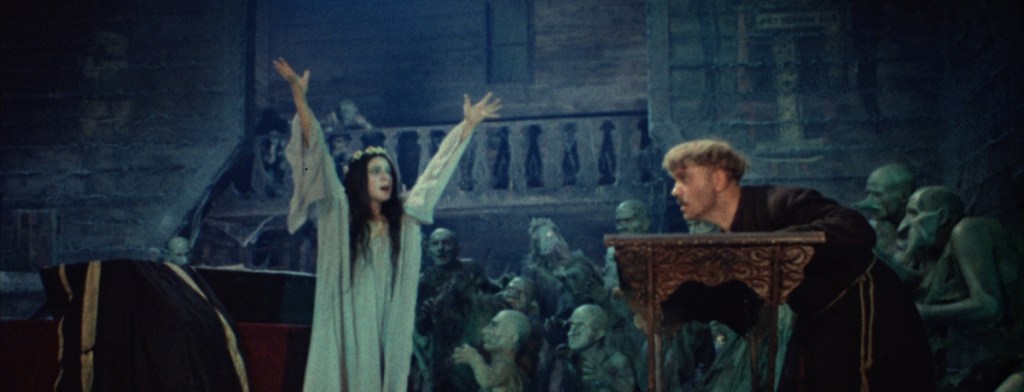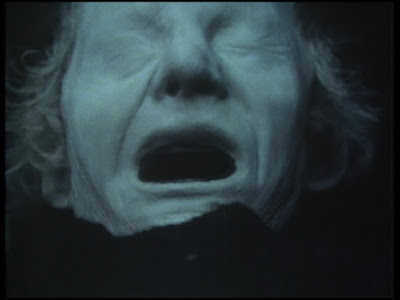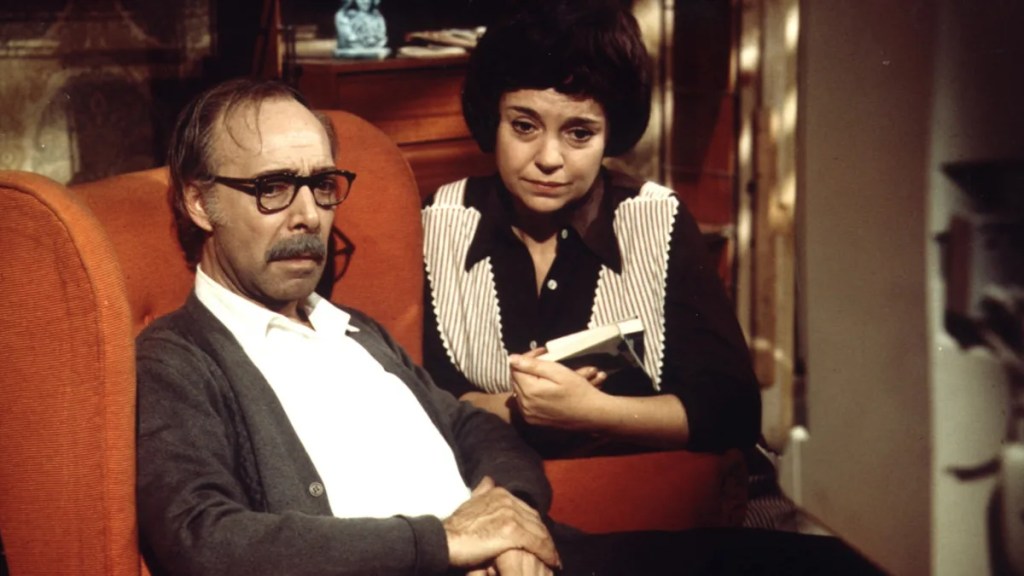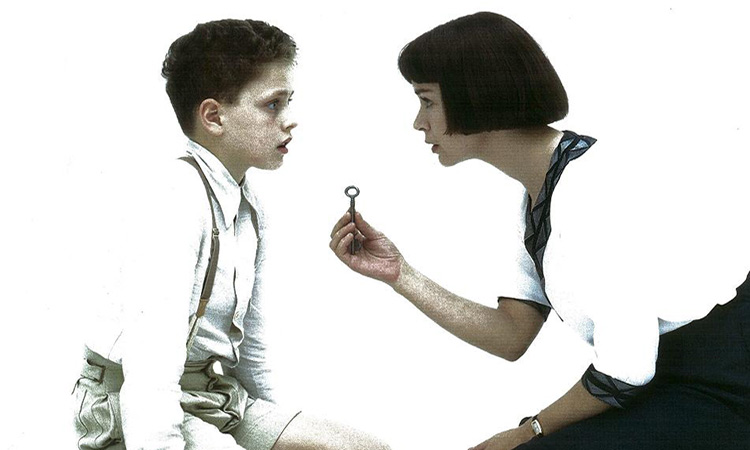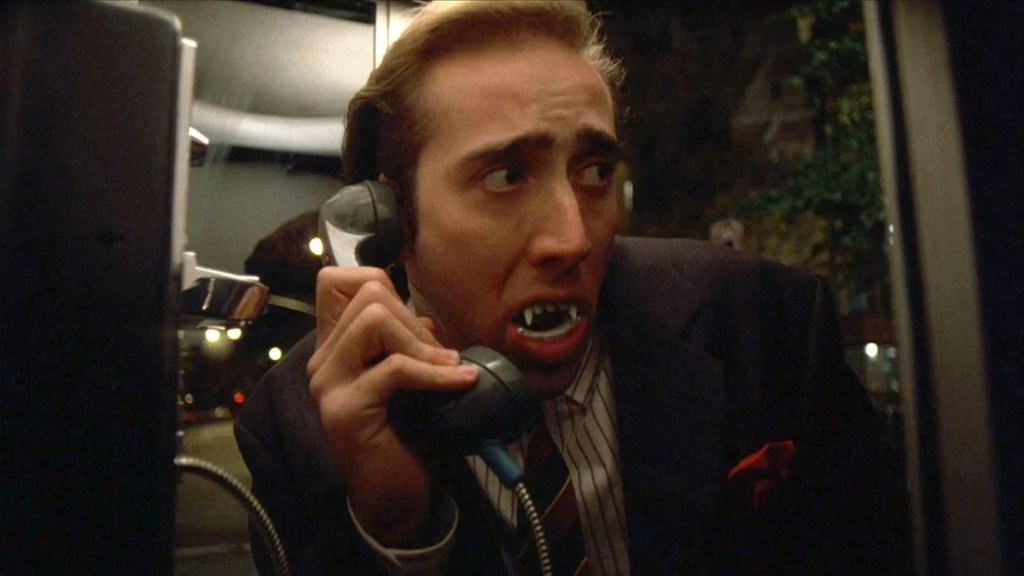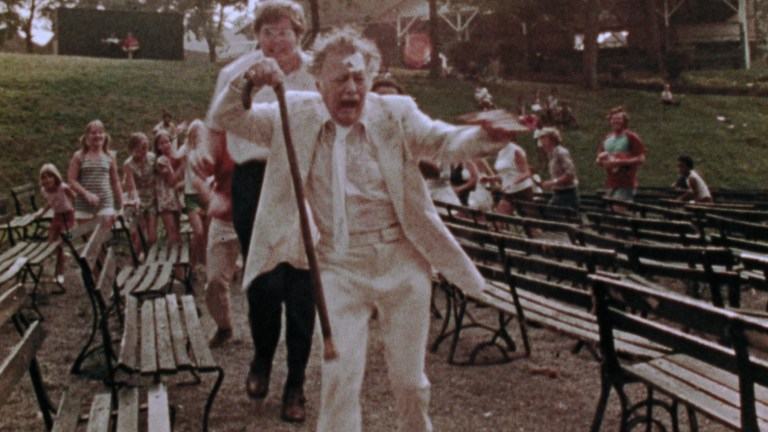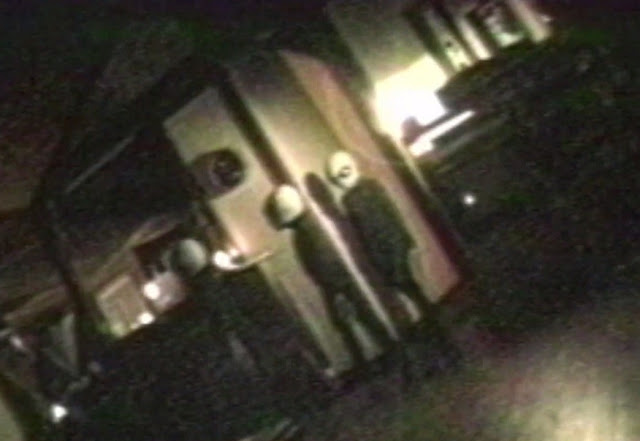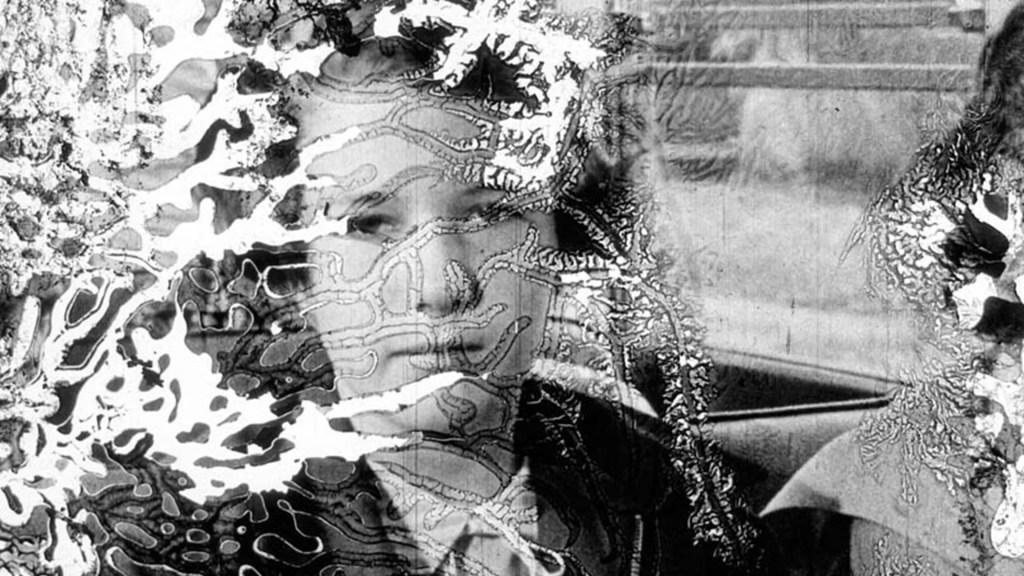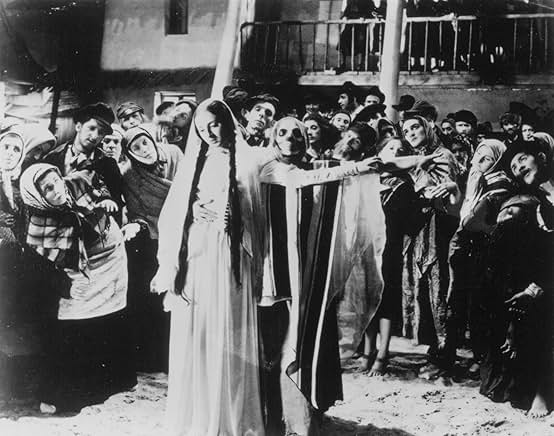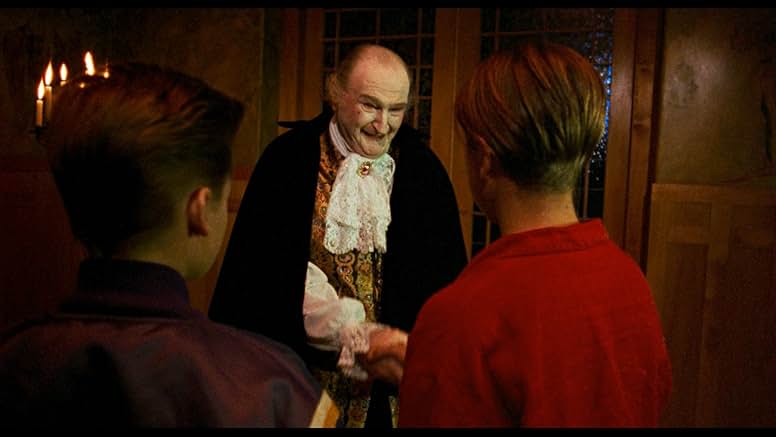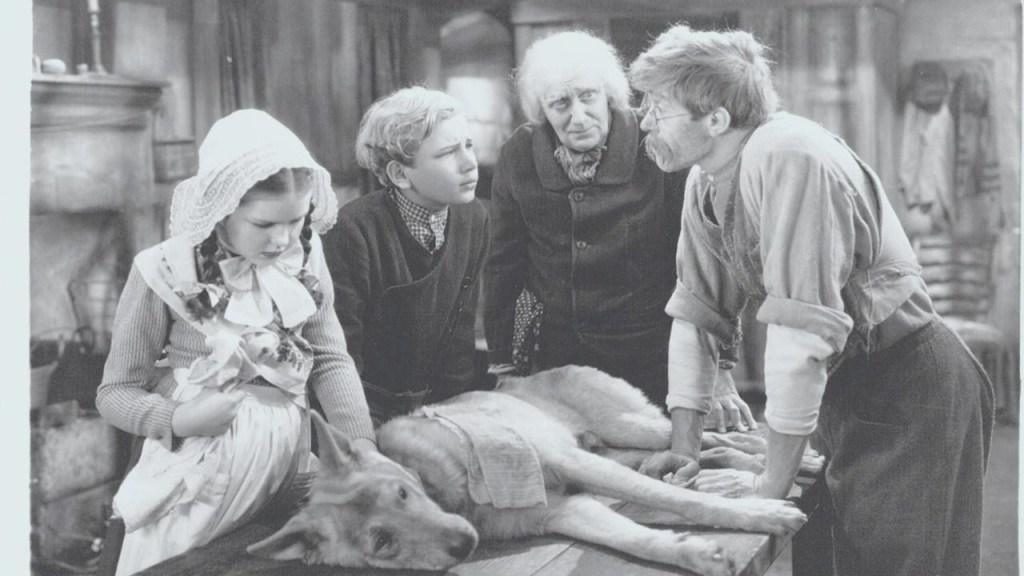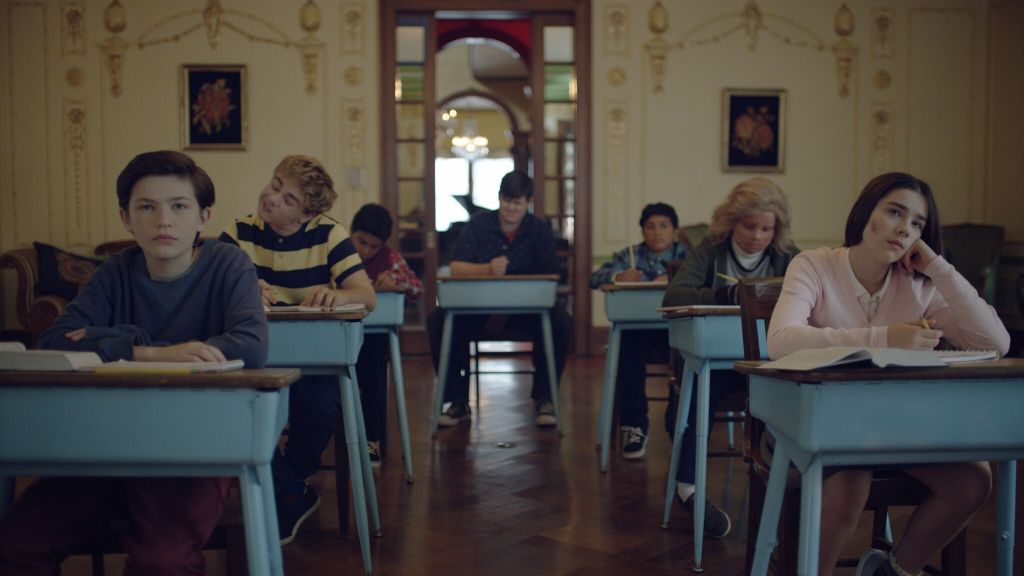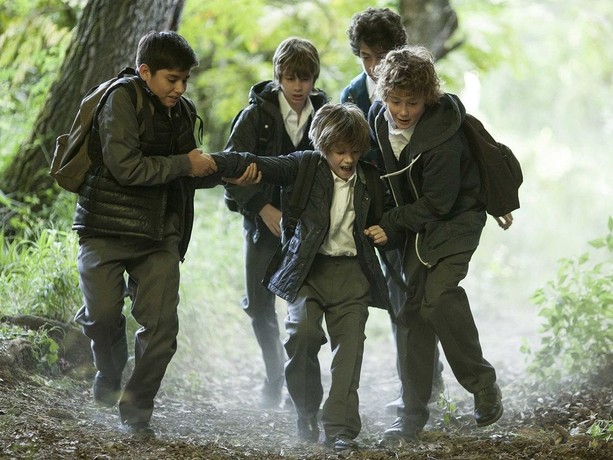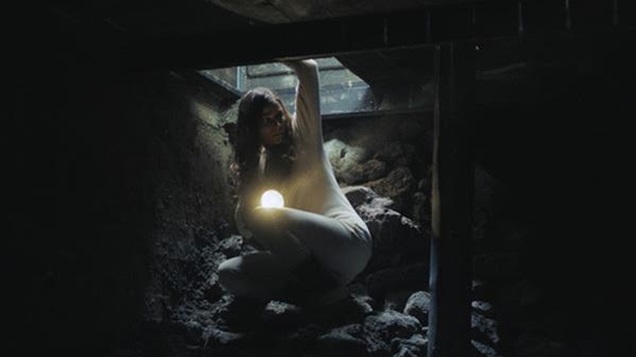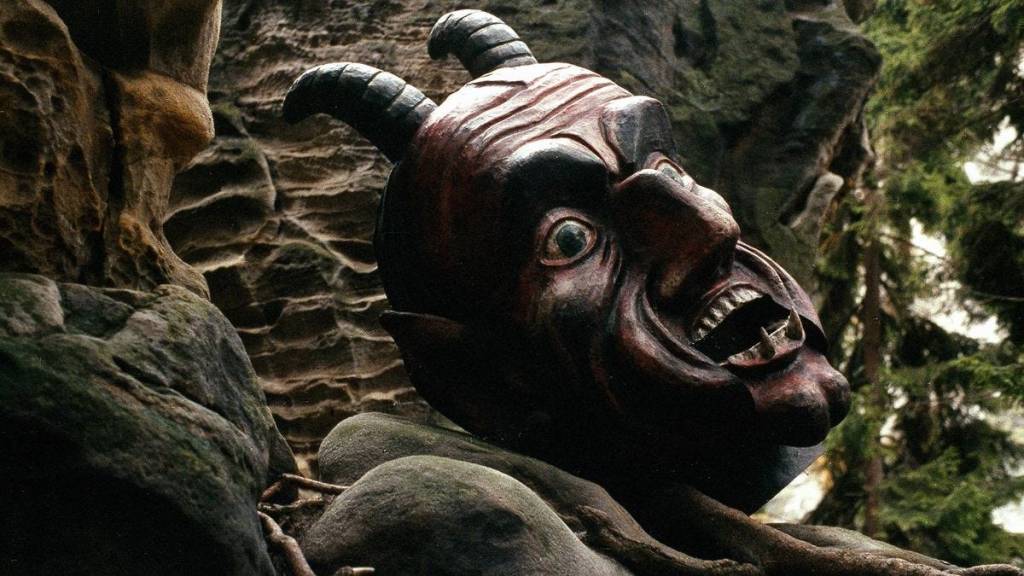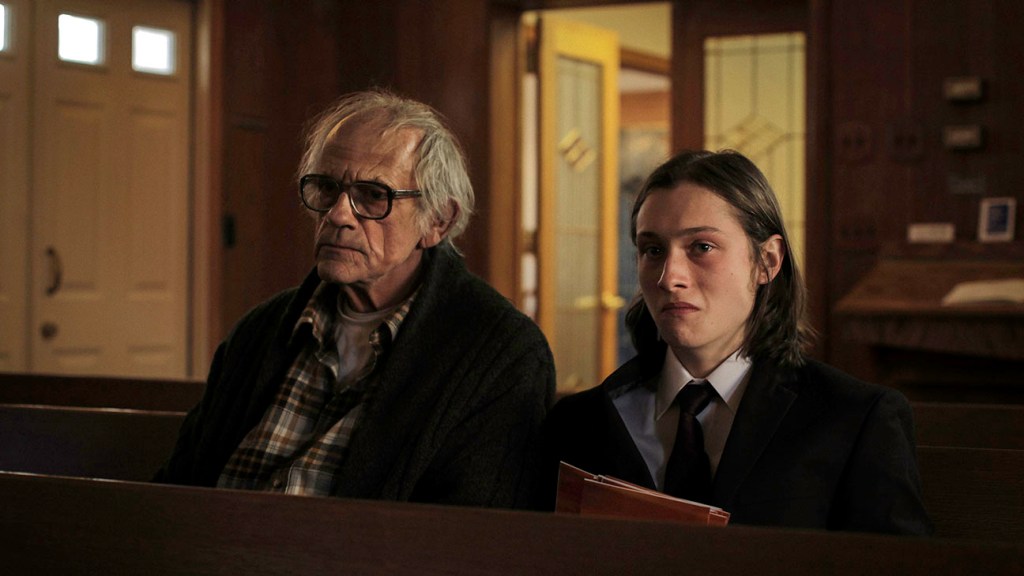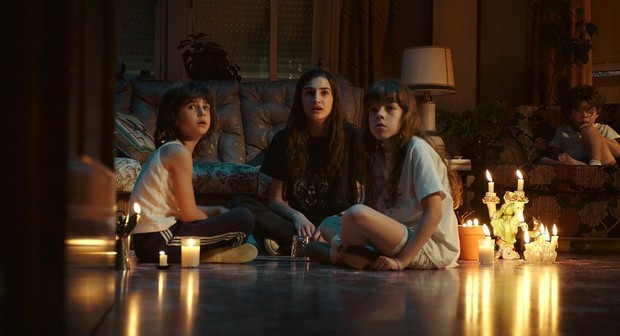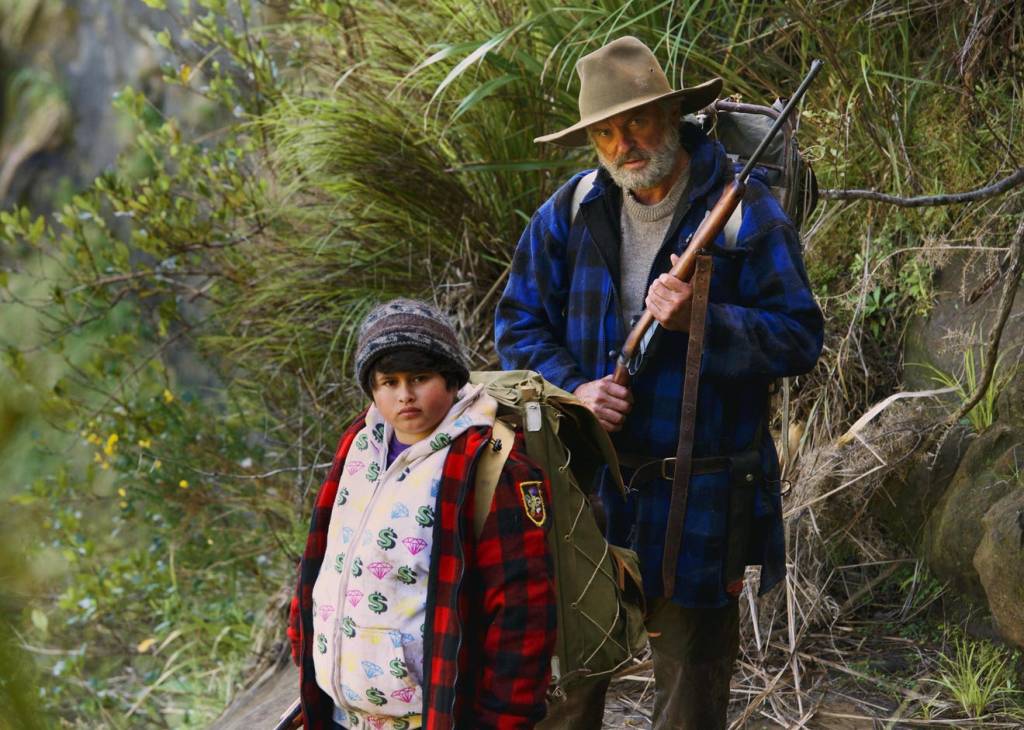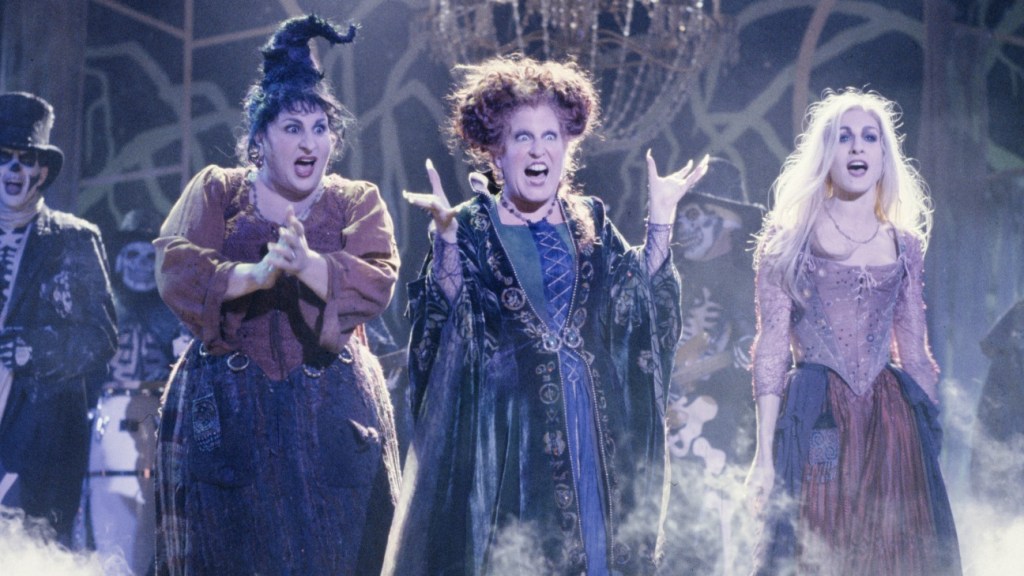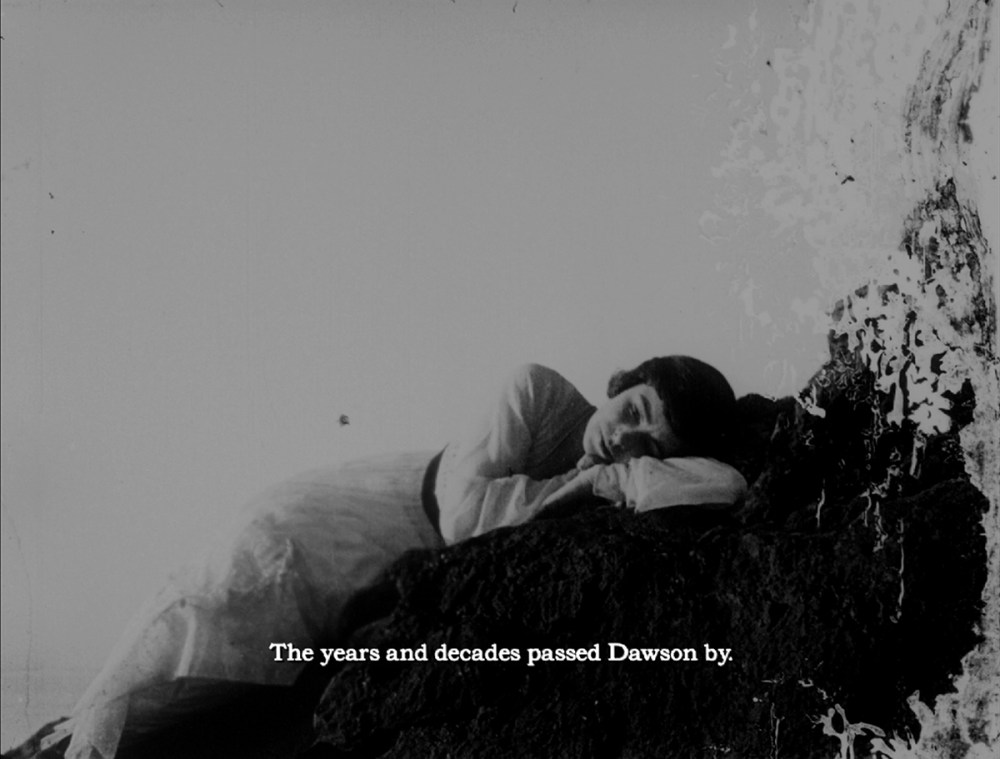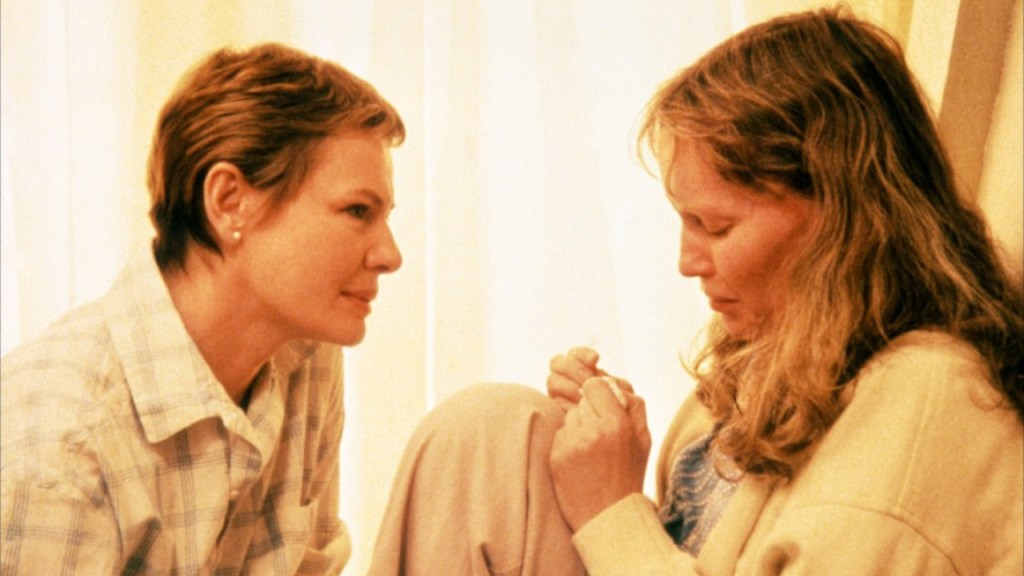Last year I purposely delayed my BAM Award nominations to keep in step with Oscars. Those nominations being delayed due to the devastating wildfires allowed me to deliberate further and, frankly, be a little lazier. This year the delay was all my own as I have been acclimating to life following a liver transplant.
Best Picture
28 Years Later
Bring Her Back
Hamnet
I’m Still Here (Ainda Estou Aqui)
Nickel Boys
One Battle After Another
Relay
Sinners
Weapons
Young Hearts
Most Overlooked Picture
Bring Them Down
Freaky Tales
Relay
The Surfer
Young Hearts
Best Director
Paul Thomas Anderson One Battle After Another
Danny Boyle 28 Years Later
Ryan Coogler Sinners
Zach Cregger Weapons
Walter Salles I’m Still Here (Ainda Estou Aqui)
Best Editing
Tony Cranstoun The Surfer
Geoff Lamb Bring Her Back
Jon Harris 28 Years Later
Andy Jurgensen One Battle After Another
Michael P. Shawver Sinners
Best Foreign Language Film
Not Awarded
Best Actress
Jessie Buckley Hamnet
Jodie Comer 28 Years Later
Sally Hawkins Bring Her Back
Fernanda Montenegro Vitória
Fernanda Torres I’m Still Here (Ainda Estou Aqui)
Best Actor
Tom Basden The Ballad of Wallis Island
Leonardo DiCaprio One Battle After Another
Michael B. Jordan Sinners
John Lithgow The Rule of Jenny Pen
Josh O’Connor Wake Up Dead Man
Best Supporting Actress
Glenn Close Wake Up Dead Man
Ariana Grande Wicked For Good
Amy Madigan Weapons
Mia Sara The Life of Chuck
Teyana Taylor One Battle After Another
Best Supporting Actor
Miles Caton Sinners
Ralph Fiennes 28 Years Later
Benicio Del Toro One Battle After Another
Tim Key The Ballad of Wallis Island
Delroy Lindo Sinners
Best Performance by a Young Actress in a Leading Role
Julia Butters Freakier Friday
Bodhi Rae Breathnach Hamnet
Ana Sophia Heger She Rides Shotgun
Madeleine McGraw The Black Phone 2
Sora Wong Bring Her Back
Helena Zengel The Legend of Ochi
Best Performance by a Young Actor in a Leading Role
Benjamin Evan Ainsworth Everything’s Going to be Great
Isaac Amendoim Chico Bento e a Goiabeira Maraviosa
Billy Barratt Bring Her Back
Christian Convery The Monkey
Lou Goosens Young Hearts
Alfie Williams 28 Years Later
Best Performance by a Young Actress in a Supporting Role
Trinity Jo-Li Bliss Avatar: Fire and Ash
Anna Julia Dias Chico Bento e a Goiabeira Maraviosa
Olivia Lynes Hamnet
Violet McGraw The Life of Chuck
Audrina Miranda Jurassic World: Rebirth
Lorena de Oliveira Chico Bento e a Goiabeira Maraviosa
Best Performance by a Young Actor in a Supporting Role
Benjamin Chivers Fountain of Youth
Jacobi Jupe Hamnet
Miguel Mora Black Phone 2
Benjamin Pajak The Life of Chuck
Jonah Wren Phillips Bring Her Back
Marius De Saeger Young Hearts
Best Cast
28 Years Later
Bring Her Back
One Battle After Another
Hamnet
Sinners
Best Youth Ensemble
Chico Bento e a Goiabera Maraviosa
Hamnet
Bring Her Back
Young Hearts
The Legend of Ochi
Weapons
Best Cinematography
Autumn Durald Arkapaw Sinners
Michael Bauman One Battle After Another
Jomo Fray Nickel Boys
Radek Ladczuk The Surfer
Stephen Soderbergh Presence
Best Art Direction
Dan Clay, Ewa Galak, Carsom McColl, and Gareth Pugh 28 Years Later
Vanessa Cerne, Michael Bell, and Max Nadilo Bring Her Back
Florencia Martin, Alex Max Cahn, Albert Cisneros, and May Mitchell One Battle After Another
Hannah Beachler, Jonathan Cappel, Timotheus Davis, and Jesse Rosenthal Sinners
Rick Heinrichs, Jim Barr, Dean Clegg, Kate Suzanne Hunter, Chloe Kletsa, Hugh McClelland and Quinn Robinson Wake Up Dead Man
Best Original Screenplay
Ryan Coogler Sinners
Zach Cregger Weapons
Alex Garland 28 Years Later
Rian Johnson Wake Up Deadman
Phillipou Brothers Bring Her Back
Best Adapted Screenplay
Chloé Zhao, Maggie O’Farrell Hamnet
Murilo Hauser, Heitor Lorega, Marcelo Rubens Paiva I’m Still Here (Ainda Estou Aqui)
RaMell Ross, Joslyn Barnes, Colson Whitehead Nickel Boys
Paul Thomas Anderson, Thomas Pynchon One Battle After Another
JT Mollner, Stephen King The Long Walk
Best Costume Design
Leticia Barbieri Chico Bento e a Goiabera Maraviosa
Ruth E. Carter Sinners
Carson McColl, Gareth Pugh 28 Years Later
Deborah L. Scott Avatar: Fire and Ash
Malgosia Turzanksa Hamnet
Best Visual Effects
28 Years Later
Avatar: Fire and Ash
Bring Her Back
The Legend of Ochi
Sinners
Best Sound Editing and Mixing
Bring Her Back
F1
One Battle After Another
Sinners
Weapons
Best Hair and Makeup
28 Years Later
Bring Her Back
The Toxic Avenger
Hamnet
Sinners
Best Score
Ludwig Goränsson Sinners
The Newton Brothers The Life of Chuck
Francois Tétaz The Surfer
Cornel Wilczek Bring Her Back
Young Fathers 28 Years Later
Best Song
“Steve’s Lava Chicken” Jack Black A Minecraft Movie
“Morning Evening” Tom Basden & Carey Mulligan The Ballad of Wallis Island
“I Lied to You” Miles Caton Sinners
“Joy” The Pocket Queen The Life of Chuck
“Happy Together” Susanna Hoffs & Rufus Wainwright The Roses
Best Soundtrack
The Ballad of Wallis Island
Caught Stealing
Heads of State
I’m Still Here (Ainda Estou Aqui)
Sinners
Best Documentary
Not Awarded
Robert Downey, Jr. Entertainer of the Year Award
TBA
Ingmar Bergman Lifetime Achievement Award
TBA
Neutron Star Award
TBA
Special Jury Awards
TBA
